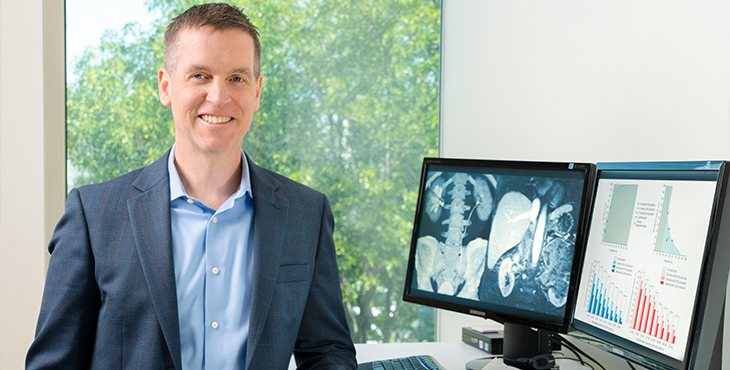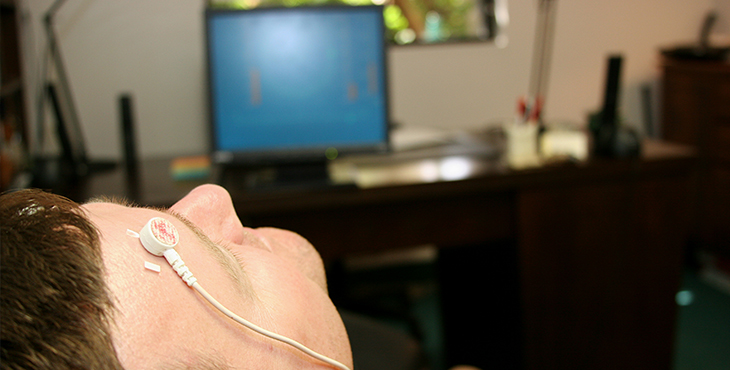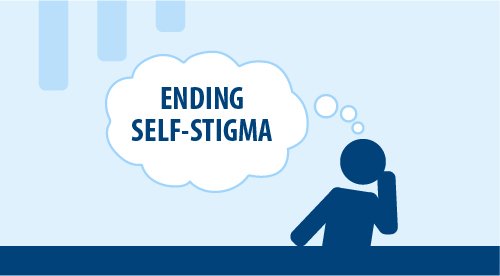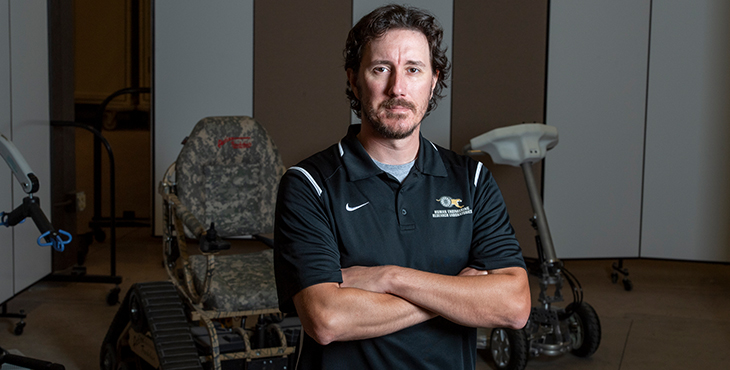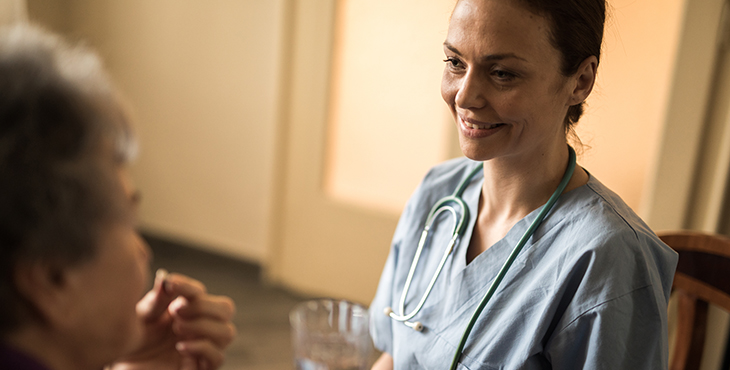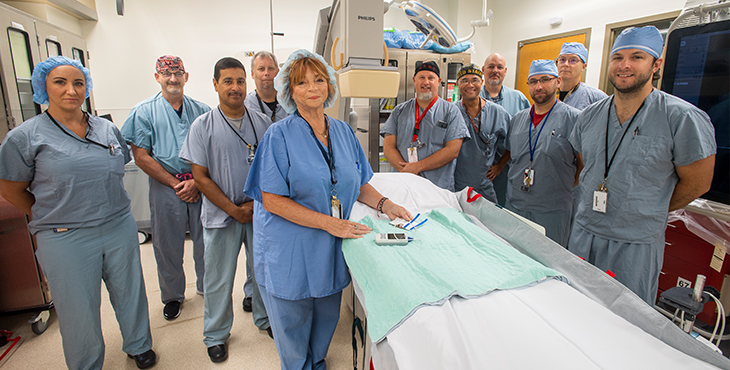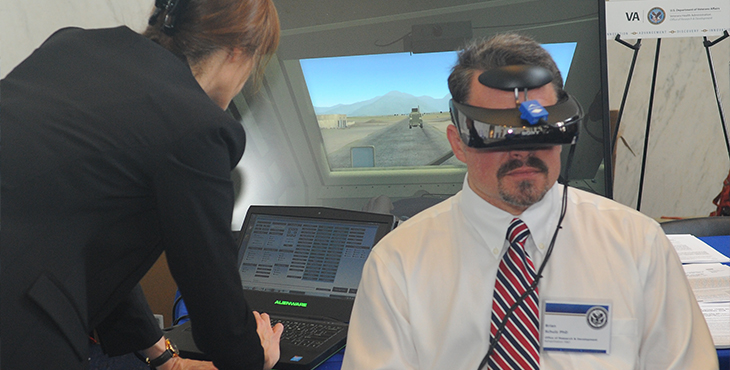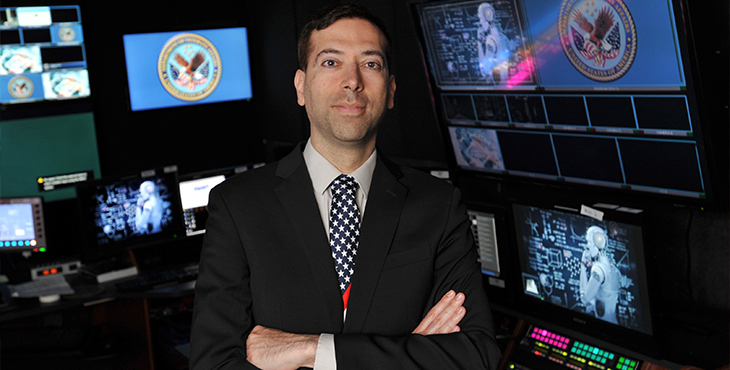VA’s Office of Rural Health operates field-based Veterans Rural Health Resource Centers to identify solutions that bring care to where it’s needed most.
Researchers from VA and the artificial intelligence company DeepMind have achieved a promising medical breakthrough, developing a technology that has the potential to predict a life-threatening kidney condition up to two days before it happens.
A literature review by VA researchers highlights the usefulness of biofeedback for headache and incontinence treatment, and stroke recovery. There was less evidence for its role in other conditions.
VA Research is planning a series of studies to gain insight into the gastrointestinal and liver problems that beset many Veterans after deployments. The goal is to bring new treatments to bear as soon as possible.
The Ending Self Stigma manual provides a wealth of information, including the full curriculum and accompanying tips and worksheets.
Josh Marino, an Army Veteran, is an education and outreach coordinator and a Veteran peer mentor at the Human Engineering Research Laboratories (HERL), a joint project between the VA Pittsburgh Healthcare System and the University of Pittsburgh.
A new study finds a significant drop in antibiotic use at VA community living centers treating older Veterans with urinary tract infections—a positive sign in efforts to limit the health problems that can result from the improper use of antibiotics.
Research based on VA’s Million Veteran Program has identified multiple locations in the human genome related to the risk of re-experiencing traumatic memories, the most distinctive symptom of PTSD.
The Technology Transfer Assistance Project (TTAP), an initiative of the VA Technology Transfer Program, aims to bring worthy VA discoveries closer to public use by supporting the creation of a working prototype and by consulting on pathways for commercialization.
VA recently established the Airborne Hazards and Burn Pits Center of Excellence (AHBPCE) as part of its ongoing efforts to improve health care for Veterans.
A VA study found that a form of brain stimulation that can rapidly improve communication between neurons in the brain helped ease PTSD symptoms.
VA is already using artificial intelligence in several ways, such as for suicide prevention and cancer treatment. Now an effort is underway to widen the role of AI in VA care and research. To that end, VA has appointed its first-ever director of artificial intelligence.


